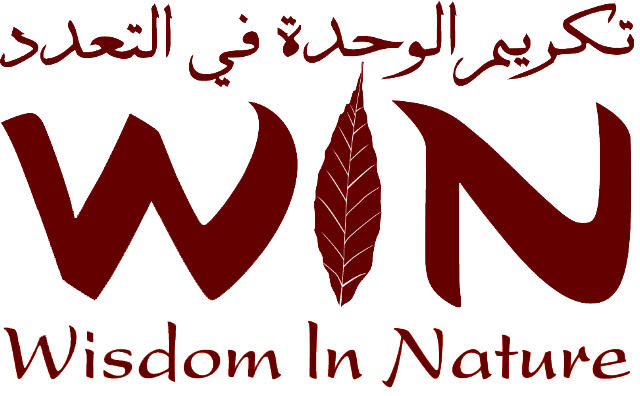Halal, Haram and Food Purity
Halal and Beyond: Taiyub & Fitrah
It is important not to fall into the trap of thinking only in terms of GM food being haram or halal. Islam is a religion which considers life holistically and in its diversity. Therefore the acceptance or rejection of something relatively new like GM foods, must consider the diverse implications of implementing it. One must also consider the wider teachings of the Qur' an.
For instance, in the Quran, on each occasion the word halal (lawful) is mentioned with food, the word taiyub (good) is also mentioned:
"O ye people!
Eat of what is on earth,
Lawful and good"
Quran (2:168)
"So eat of the sustenance
which God has provided
For you, lawful and good"
Quran (16:114)
Therefore before deciding where Islam stands in relation to GM food, there is more to consider than only whether it is halal (lawful) or haram. The word taiyub in the Qur' anic verse above means good, which includes the meaning that the food must be wholesome, and pure from its source. During the early period of Islam, food tended to be pure, due to a lack of technologies and methods of the kind that are available today. However with the advance of time, humankind has an increasing availability of technologies that can change the nature of food, rendering it potentially impure.
As explained in the GM Science section, genetic modification can aggressively disrupt the expression of genes, thereby preventing the 'modified' crop from functioning as a wholesome form of life.
Whether the inserted gene is from a product that is haram or halal, is not relevant to this disruptive effect, which can occur in either case.
Here is another verse from the Quran:
"So set thy face to the religion, one of pure faith-
God's original upon which He originated humankind.
There is no changing God's creation.
That is the right religion;
but most men know it not."
Quran (30:30)
It is quite right to consider whether or not the above verse is, in fact, relevant to the process of genetically modifying food. If it is concluded that the above verse is irrelevant to GM food, then the following question needs to be answered: if a radical change in the genetic blueprint of life (i.e. as in GM in every cell of a food), does not come under the definition of "changing God's creation", then it begs the question.....what does?
Therefore, just from the above, it seems quite likely that GM food is actually a deviation from what is Islamically acceptable. However, before making any firm conclusion, the discussion has to include the effects and implications that GM food has in relation to other aspects of life and on society.
Some Other Aspects
As explained in the Ecology & Interconnectedness section, experiments have demonstrated toxic effects of GM products on life. Coupled to this is the fact that not only are all future generations of crops affected by genetic modification through reproductive cells also carrying the manipulated genes, but GM pollen can be carried for miles by wind and the bees, thereby contaminating non-GM and organic crops too. This is worrying for all of us and is clearly unfair, as effectively, there may be no way of halting the spread of GM life-forms and their consequent impact on life.
The issue extends further. There are many others aspects to both the technology from a scientific perspective, and the framework within which it sits that lends significant weight to the idea that the path of genetically modifying food is out of synch with Islamic values.
WIN's position on GM Foods is here
